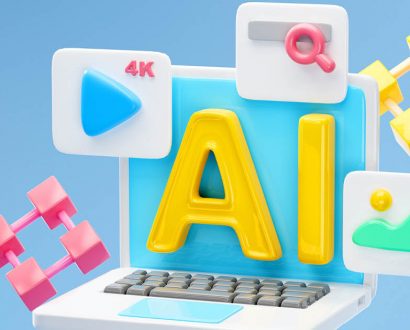It’s unanimous: the world around us is changing. From the way we shop, eat and sleep, to the way we communicate and work. New technologies are being embraced by organisations and individuals and are reshaping both the workplace and the workforce of the future.
For example, Deloitte research has found that, in 2017, 41% of companies reported that they had fully implemented or were making significant progress in adopting cognitive and artificial intelligence (AI) technologies in their workforce. A further 34% described themselves as being in the middle of pilot programs.
We can safely say automation technologies like AI are altering the world of work. Not only are these technologies changing organisational processes, they are forever altering the role of people within the enterprise. The only constant it seems is the data itself, which continues to grow, and increase in importance to organisations, large and small.
The changing role of people in the workplace
With the pace of change accelerating, organisations have quickly become aware of the critical role of people in understanding and acting on business data. Now, they are on the hunt for the right talent to support their adoption of new technologies and the information they collate.
As a result, data literacy is a top priority for businesses, and is squarely on the United Nations’ agenda. The ultimate goal of data literacy is to support critical thinking about any data an individual or organisation receives. This represents a significant shift from individuals being passive consumers of statements or business findings to becoming active questioners and explorers of data.
The evolution of analytics tools
This shift has disrupted the fields of business intelligence (BI) and data analytics, compelling them to evolve to meet the demands of the modern user. The call for data literacy has been quickly followed by a rise in augmented analytics or augmented intelligence, which comes in response to the demand to combine new technologies like machine learning with human analysis.
Augmented intelligence uses AI to assist human-centric analysis and exploration, allowing businesses of all sizes to benefit from better data-driven insights. This methodology takes into account past context within the organisation and how decisions are usually managed, as well as insights gained from data to deliver the best chance of success to organisations.
The way forward
It’s evident that analytics is permeating industries and businesses of all sizes, as well as across teams and departments, to eliminate data-absent decisions. As the workplace evolves, incorporating data, analytics and new technologies into the day-to-day, people will remain the most critical component to success.
However, the key to success lies in providing these individuals with the tools they need to succeed. Workplaces of the future must empower staff with the right tools to become data literate, and enable them to see the whole story in their data.







